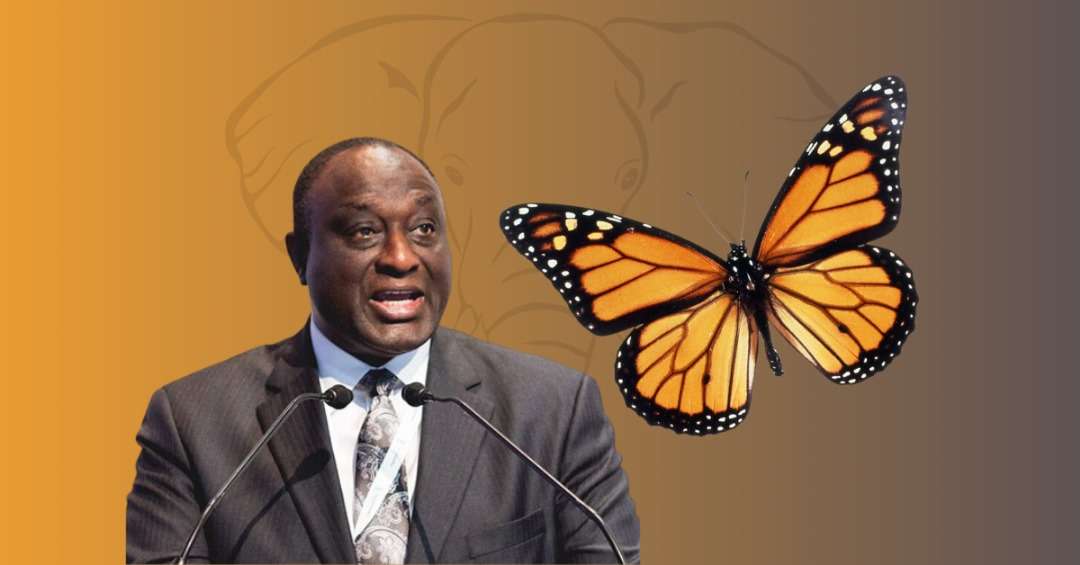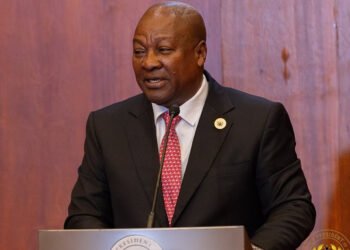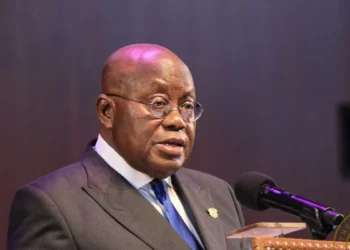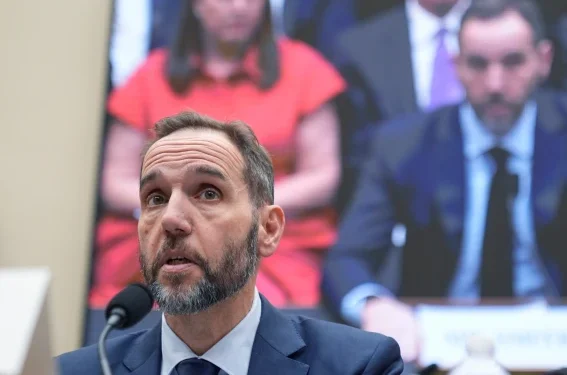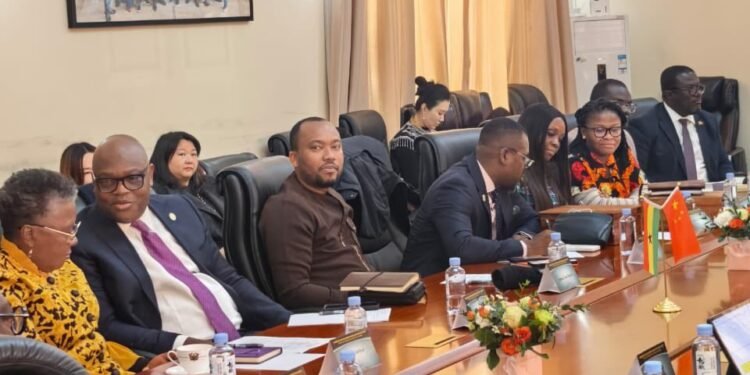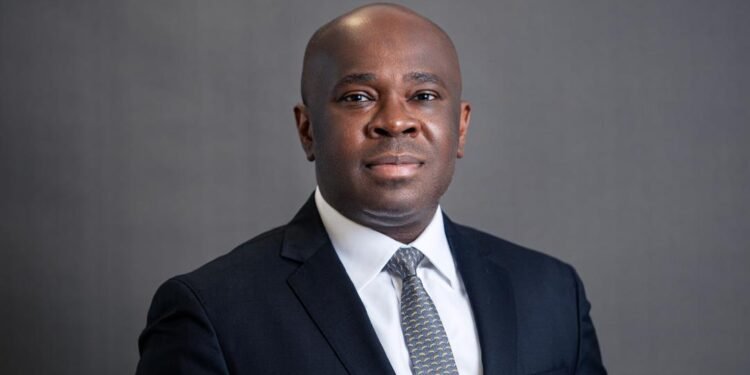Corruption has long been a significant issue plaguing many countries across the globe, and Ghana is no exception. The detrimental effects of corruption are far-reaching, hindering economic growth, eroding public trust, and impeding social development. Therefore, Ghana must take decisive actions to combat corruption and foster a transparent and accountable society.
Alan Kwadwo Kyerematen, the founder and leader of the Movement for Change, has outlined a comprehensive plan to combat corruption in Ghana, including the establishment of an anti-corruption Czar with robust prosecutorial powers.
“This initiative is part of my broader strategy to address the escalating issue of corruption in the country. This Czar would be empowered to tackle corruption without bias, and I will amend the Constitution to create an independent anti-corruption Czar, separate from the Attorney-General and Minister for Justice.”
Alan Kwadwo Kyerematen, Founder and Leader of the Movement for Change
Efforts to combat corruption must be rooted in strengthening governance structures and institutions. Robust legal frameworks, independent anti-corruption bodies, and an efficient judiciary are essential in holding corrupt individuals accountable. Ghana must enhance transparency in public procurement, streamline bureaucratic processes, and promote citizen participation in decision-making to foster an environment where corruption is not tolerated.
Corruption is a major impediment to economic development. It diverts resources away from productive sectors, undermines investment, and discourages foreign direct investment. In Ghana, corruption manifests in various forms, such as bribery, embezzlement, and fraud, which drain public funds and undermines the effectiveness of public services. By combating corruption, Ghana can attract more investors, promote sustainable economic growth, and alleviate poverty.
According to Mr. Kyerematen, corruption perpetuates social inequality and injustice, as it erodes trust in public institutions and undermines the rule of law. The poor and vulnerable are the most affected, as corruption often leads to inadequate access to essential services such as healthcare, education, and clean water.
By combating corruption, Ghana can ensure that public resources are allocated fairly and equitably, providing equal opportunities for all citizens.
Mr. Kyerematen, the presidential aspirant emphasized the importance of personal integrity in leading the fight against corruption. Emphasizing his commitment to integrity, he stated, “I have never been corrupt and I will never be corrupt.”
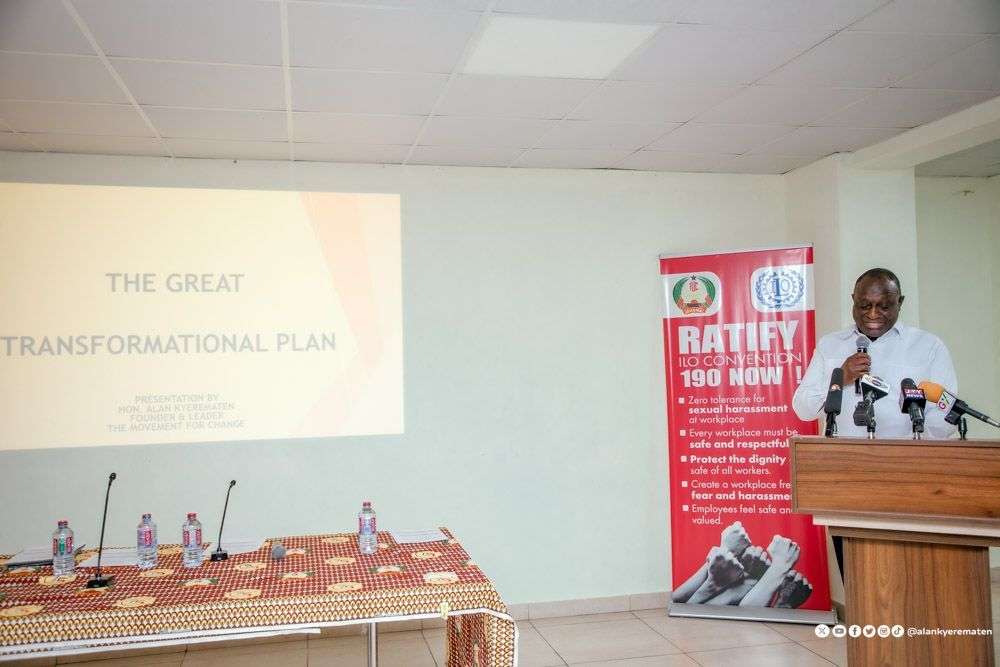
Creating a Brighter Future
In addition to his anti-corruption agenda, Mr. Kyerematen outlined plans for an agricultural revolution, including an “Operation Own a Farm” initiative to encourage both citizens and non-citizens to participate in farming activities.
He also pledged to introduce the concept of “Farm for Life as a Business” and promised government facilitation of this program if elected. This initiative is positioned as a flagship policy of his government to bolster the agricultural sector and create opportunities for all.
“My Great Transformational Plan (GTP) is the hope for every Ghanaian; to build a prosperous, united and peaceful Ghana that provides equal opportunities for all, particularly young people, women and other vulnerable groups, to realize their full potential and improve their livelihoods and general well-being.”
Alan Kwadwo Kyerematen, Founder and Leader of the Movement for Change
Furthermore, Mr. Kyerematen unveiled his governance style and reforms, including a significant reduction in the number of ministers to be appointed if elected president. He aims to appoint only 40 ministers, in addition to the 16 regional ministers, to streamline government expenditures and redirect resources to other sectors of the economy.
He again vowed to amend the Constitution to establish a corruption watchdog with anti-corruption prosecutorial powers, aiming to combat corruption vigorously. Mr. Kyerematen expressed concern over the significant loss of resources due to corruption and promised strict adherence to fiscal discipline to reduce government borrowing. He also proposed limiting state participation in the market to improve liquidity and promote local consumption habits.
Mr. Kyerematen’s plan also includes establishing industrial zones in all 16 regional capitals to stimulate economic growth and job creation nationwide. He pledged to allocate 50% of statutory funds to priority projects and stressed the urgent need for funding commitments to the One-District-One-Factory initiative, intending to collaborate with the private sector to address youth unemployment.
The fight against corruption requires a collective effort from all stakeholders, including the government, civil society organizations, the private sector, and citizens themselves. Ghana has made commendable progress in recent years, but more needs to be done to root out corruption and build a transparent and accountable society.
By focusing on strengthening governance, promoting transparency, and raising public awareness, Ghana can create an environment where corruption is not tolerated, leading to sustainable development, social justice, and a brighter future for all Ghanaians.
READ ALSO: All African Games: Calls for Accountability Rise Amidst Staggering Expenditures

